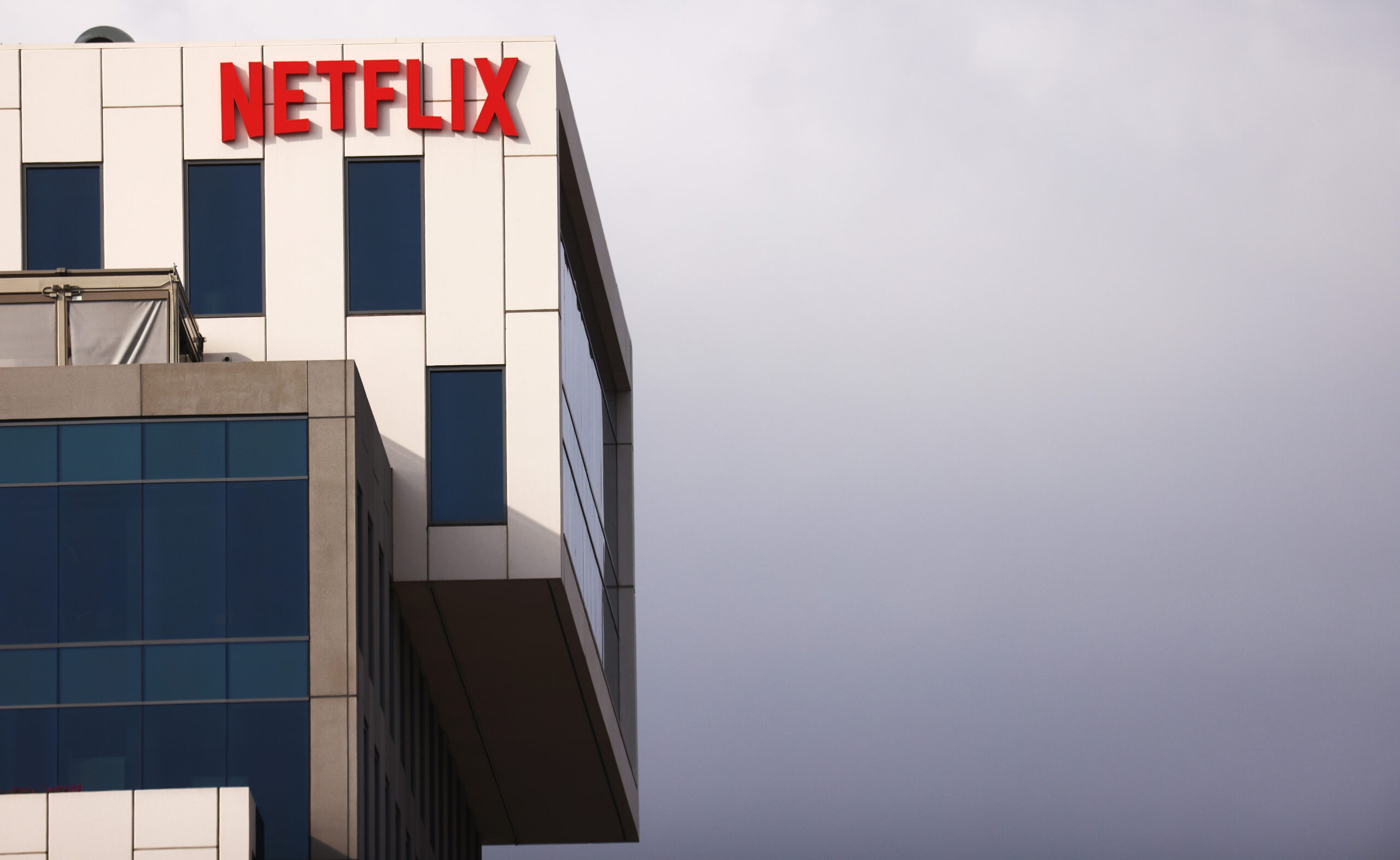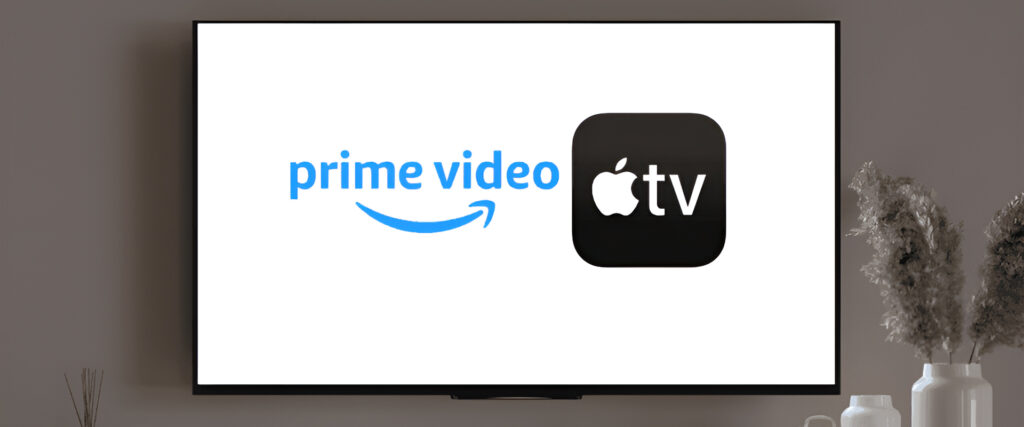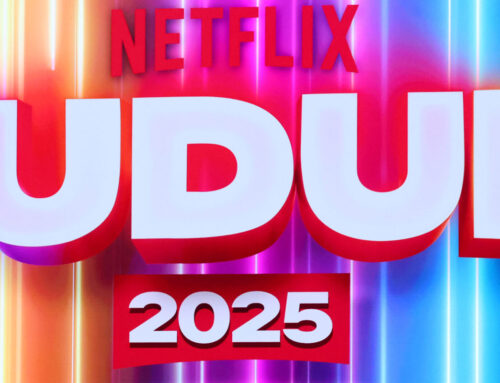Is Netflix Rethinking Its Talent Compensation Model?
As Netflix prepares for its Q3 earnings report, speculation grows over whether the company will change its talent compensation structure. Netflix pioneered the “upfront buyout” model, paying substantial sums to secure A-list talent. However, rumors suggest a shift towards a traditional studio approach—less money upfront with potential backend payouts based on success.
Chief Content Officer Bela Bajaria, speaking at Bloomberg’s Screentime conference, denied these claims, stating, “We are not changing our compensation model,” despite acknowledging a few bespoke deals that sparked the rumors. Netflix’s leadership has remained firm in its stance, but industry watchers are skeptical, pointing to the company’s history of pivoting, such as when it introduced advertising despite previous denials.
This speculation comes as Netflix increasingly behaves like a traditional media company. Following its significant stock correction in 2022, the company has adopted a more cost-conscious strategy. Its content spending in the first half of 2024 was $7.8 billion, a reduction from 2022’s $8.3 billion. Cutting content and talent costs would align with its efforts to preserve margins as growth slows.
Netflix’s revenue model has also evolved, with a focus on growing its ad-supported tier and raising subscription prices. The streamer is nearing saturation in major markets, especially after cracking down on password sharing. As subscriber growth tapers, revenue will increasingly rely on monetizing existing users. This shift signals that Netflix’s business may start resembling traditional cable companies, with slower growth and more stable revenues.
In the long run, driving down content costs seems like a logical step. Netflix’s valuation, buoyed by recent stock performance, is likely to face downward pressure as its double-digit revenue growth becomes harder to sustain. The company may soon need to prioritize profitability over growth, making a shift in talent compensation inevitable.
Source: Variety +
Share:
As Netflix prepares for its Q3 earnings report, speculation grows over whether the company will change its talent compensation structure. Netflix pioneered the “upfront buyout” model, paying substantial sums to secure A-list talent. However, rumors suggest a shift towards a traditional studio approach—less money upfront with potential backend payouts based on success.
Chief Content Officer Bela Bajaria, speaking at Bloomberg’s Screentime conference, denied these claims, stating, “We are not changing our compensation model,” despite acknowledging a few bespoke deals that sparked the rumors. Netflix’s leadership has remained firm in its stance, but industry watchers are skeptical, pointing to the company’s history of pivoting, such as when it introduced advertising despite previous denials.
This speculation comes as Netflix increasingly behaves like a traditional media company. Following its significant stock correction in 2022, the company has adopted a more cost-conscious strategy. Its content spending in the first half of 2024 was $7.8 billion, a reduction from 2022’s $8.3 billion. Cutting content and talent costs would align with its efforts to preserve margins as growth slows.
Netflix’s revenue model has also evolved, with a focus on growing its ad-supported tier and raising subscription prices. The streamer is nearing saturation in major markets, especially after cracking down on password sharing. As subscriber growth tapers, revenue will increasingly rely on monetizing existing users. This shift signals that Netflix’s business may start resembling traditional cable companies, with slower growth and more stable revenues.
In the long run, driving down content costs seems like a logical step. Netflix’s valuation, buoyed by recent stock performance, is likely to face downward pressure as its double-digit revenue growth becomes harder to sustain. The company may soon need to prioritize profitability over growth, making a shift in talent compensation inevitable.
Source: Variety +









